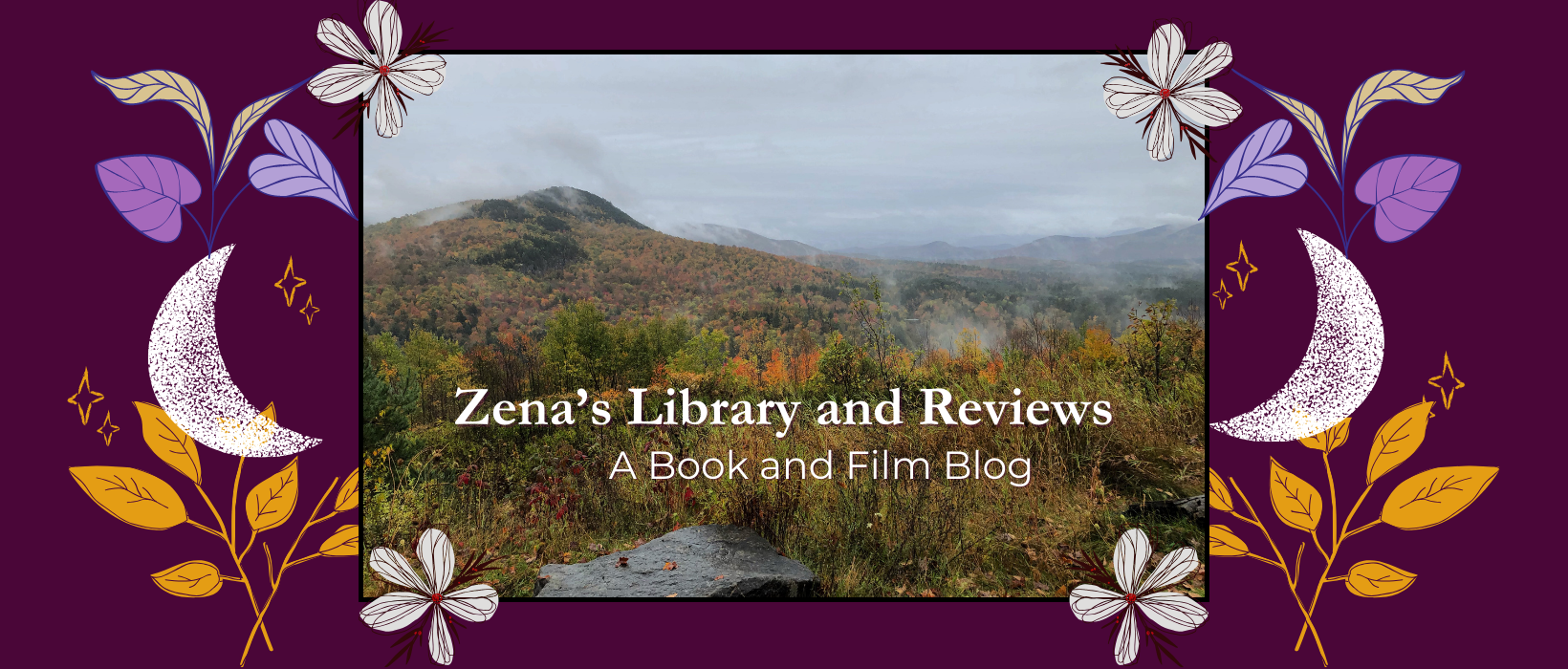
In one of my bookish Discord servers the other day I saw someone responding to another person with a book recommendation. She was saying that magic realism is a new genre, though she’s unsure how it’s different from urban fantasy. This reminds me of an argument I had with my ex many years ago.
His argument was that academia just wants a fancy term to use for something that genre-fiction does already. He was someone who loved reading fantasy (in particular low fantasy, though he did like some high fantasy too). My argument was that there is a big difference due to origin and to how these genres are used.
I’m not going to say that he was wrong to be critical about academia. But I will say that times are changing in regards to what’s getting taught in Literature classes. I spent a long time getting my BA in English, absurdly long, due to long-term mental health problems, but in that time I saw some interesting changes to counter assumptions of what it’s like to be an English Lit student, and what’s getting read.
Actual Types of Classes Taught in University
- Science Fiction Literature
- The Graphic Novel
- Immigrant Literature
- Literatures of Latin America, Africa, South Asia
- Modernist Books by Women
- Gender and Sexuality in Literature
The list goes on and on, and repeatedly breaks out of convention that you’re sitting there reading Charles Dickens and Jane Austen over and over again. In fact, I never read a single one of those books in university, I read them in high school. Sure, there’s a lot of exploring early language and early literature as well as a lot of stuff in the Romantic, Victorian and Edwardian eras. And yes, you’ll get sick of the word ‘post-modernism’ and ‘modernism’ and writing papers about them (of course, you’ll also absolutely love it).
What Does Any of This Have to Do with Magic Realism?
My love of being an English Lit student was ignited by introduction to works of art that heavily employed magic realism in them. I’m not talking about urban fantasy or a genre like it. I’m talking about writing that’s so effective at getting you to overlook something quite important by showing you something else, having you question and having you think about the text. Magic realism goes beyond this divide of realism and magic. The whole point is that they exist side by side and cannot be both, made sense of, nor denied. Often times the point is to tell you another story, the one that’s under and over this fickle aspect of place and time, but not easily. The text is often just as difficult to read as the story is to imagine, because they’re usually also post-modern books. By that I mean they’re saying something about the world and reality as they’re saying something about this story, as they’re saying something distracting from and emphasizing of both. There is no single point to a post-modern book. Sometimes the point is that there is none at all, and other times that there are so many. The experience, those moments you find something to treasure, these are where you stop to take notice and think. Sometimes, that’s all you needed to read.
It’s been a long time since I’ve read them, but the best examples of this work are further in the past:
- Their Eyes Were Watching God, Zora Neale Hurston
- One Hundred Years of Solitude, Gabriel Garcia Marquez
- The Kingdom of this World, Alejo Carpentier
There are many I haven’t read, as well.
There are also books I have read that have ‘magic realism’ listed in their Goodreads, which are absolutely not magic realism.
It’s not Urban Fantasy, folks
Goodreads has The Ocean at the End of the Lane under magic realism, along with some other categories like science-fantasy and paranormal. It was also under horror, at one point. Gaiman is quite practised in writing fiction that brings fantasy elements into the modern world. Those elements usually have a mythos, as he’s interested in folklore and the like. But this is not the same as magic realism. Refer to my previous definition, most of what magic realism exists to do is act as a literary device, not a genre. The genre is often literature.
The best way to understand what I’m saying is to read one of these books and to find some kind of literary analysis about them, because it’s incredibly difficult to get what’s going on the first time you read many of these books. However, once you get it, you’re going to absolutely love them.
If you like my writing, you can tip me over at Ko-fi. And if you’d like to read some of these books, check out my bookshop on bookshop.org.


